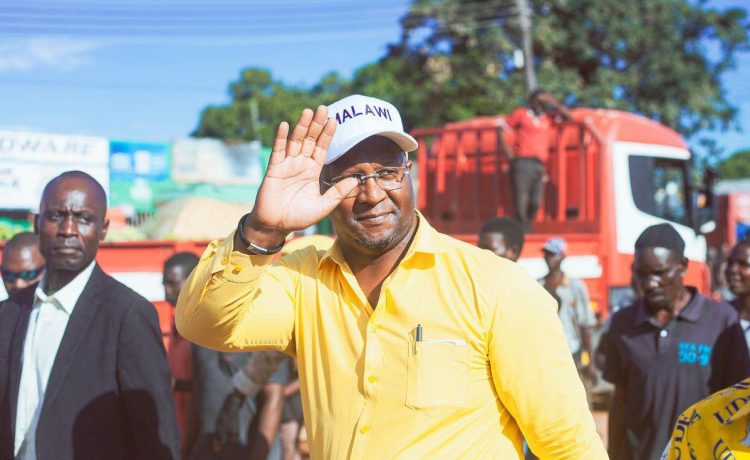Once touted as the fresh-faced future of Malawian politics, Atupele Muluzi — son of former President Bakili Muluzi — now finds his name entangled in a growing web of scandal, suspicion, and political disgrace. His brief 2017 stint as Minister of Lands, Housing, and Urban Development has come back to haunt him, as whispers of controversial land deals involving strategic plots in Blantyre, Lilongwe, and Mzuzu—allegedly sold to Malawians of Asian origin—refuse to fade. The ghost of Livimbo Schools, where public land was nearly snatched from under the nose of a community, still looms large over his political legacy.
The pressure cooker burst open when corruption revelations from Indiana’s Uxbridge Magistrate Court linked businessman Zuneth Sattar to a network of graft involving former Malawian government officials. This revelation rocked the UDF, where Muluzi sat uneasily at the top. Cornered by the party’s own politburo and facing growing distrust, he bowed out as UDF president, citing vague “personal ambitions”—a move few bought as genuine. The Anti-Corruption Bureau had already signaled in 2019 that Muluzi’s role in the land deals could come under formal scrutiny. To make matters worse, his failed 2020 presidential run as Peter Mutharika’s running mate tied him to yet another political dynasty under fire—Mutharika himself is being probed for allegedly abusing his tax-free privileges to import cement. For many Malawians, the Muluzi and Mutharika names now conjure images of privilege, plunder, and the peril of trusting recycled elites with the nation’s future. Atupele Muluzi, the golden son of Malawi’s political elite has finally run out of road and is doing everything political about nothing.













